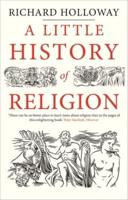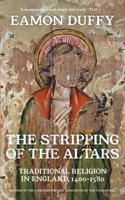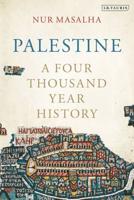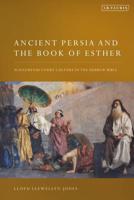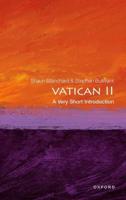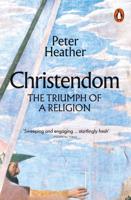Publisher's Synopsis
This historic book may have numerous typos and missing text. Purchasers can usually download a free scanned copy of the original book (without typos) from the publisher. Not indexed. Not illustrated. 1900 edition. Excerpt: ... CHAPTER X. REGULATIONS REGARDING ROBBED ARTICLES WHICH REMAIN AFTER THE DEATH OF THE ROBBER.--IF ONE RECOGNIZES HIS STOLEN ARTICLES AT THE PREMISES OF SOME ONE.--REGARDING ROBBED ESTATES, AFTERWARDS THE GOVERNMENT TOOK IT AWAY, ETC. MISHNA /.: If one has robbed an edible article and used it for his family, or he left the article as it was, his heirs are free from payment. If, however, it was an article of responsibility, they are obliged to pay. (The Gemara will explain the meaning.) GEMARA: Said R. Hisda: " If one has robbed an article of which the owner did not renounce the hope of gaining it, and another one came and took it away from him, the owner may collect it from any one of them he chooses. Why so? Because as long as the owners did not renounce their hope, it is considered as it were still under their control." [And our Mishna, which states that the heirs are free from payment, is in case that the hope of regaining was already renounced.] "Or he left the article," etc. Said Rami bar Hama: "From this statement is to be inferred that the control of an heir is the same as the control of a buyer {i.e., as the Mishna speaks of a case where the hope of regaining it is renounced, the change of control gives title, and the control of the heirs after the death of the robber is also considered a change as if it would be bought by somebody else)." R. Rabha, however, said: " It is not so, and our Mishna, which makes them free, treats of a case where the heirs have already consumed the article after the death of their father." But from the latter part of our Mishna, which states that " if there was a responsibility," etc., it must be said that the first part treats of the robbed article still in existence. Said Rabha: "When I will die, R....

